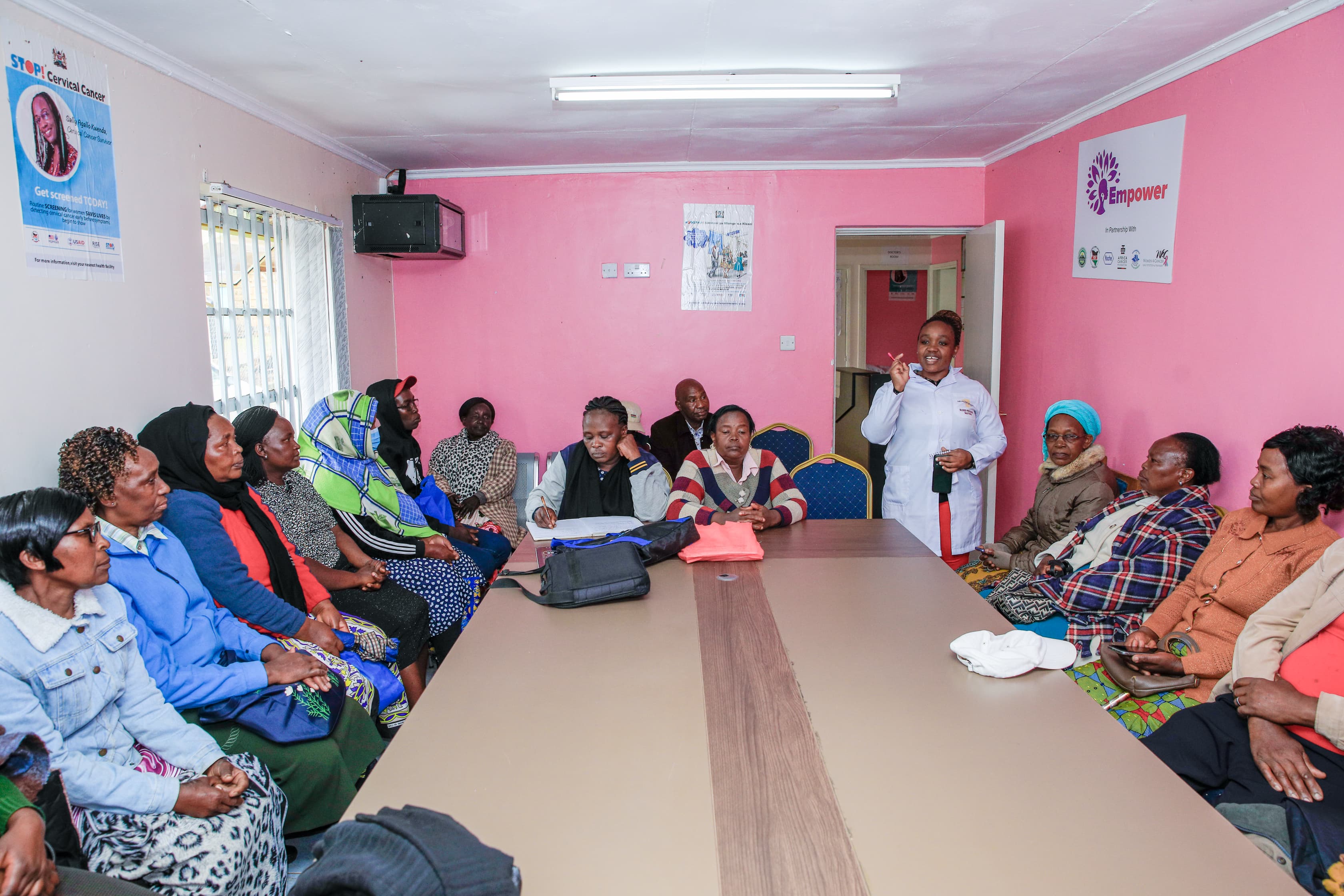Starting March 1, 2024, Kenyans will witness a significant shift in their healthcare contributions as the government prepares to implement the much-debated universal health coverage.
Under this new initiative, citizens will be required to contribute 2.75 percent of their income to the Social Health Insurance Fund (SHIF), marking a substantial increase in contributions, particularly for high earners.
Health Cabinet Secretary (CS) Susan Nakhumicha, speaking at a church event in Kwanza Sub-county of Trans Nzoia, assured that vulnerable groups such as the elderly and people living with disabilities will receive free healthcare coverage under the Kenya Kwanza administration.
She stated, "We have those who cannot afford Sh300. We have the elderly, people living with disabilities who cannot raise the monies, for this category, the government will cater for their insurance cover."
Contrary to earlier promises of capping contributions at a maximum of Sh5,000, the 2.75 percent deduction remains uncapped.
Read More
This decision will result in significantly higher deductions for top earners.
For instance, salaried workers earning Sh100,000 will now contribute Sh2,750, up from the previous Sh1,700, representing a substantial 62 per cent increase.
Even steeper deductions will be observed for those earning above Sh100,000.
Nakhumicha emphasized that the new regulations aim to address healthcare sector challenges, ensuring accessibility to essential resources such as personnel, medicine, and equipment in local health centers.
"We have problems in the health sector where Kenyans went to hospitals and were told there were no drugs. We are currently concluding the public participation on the new regulations. These regulations will ensure that Kenyans have access to personnel, medicine and equipment in the nearest health centres that they seek attention," she stated.
Furthermore, the CS highlighted reforms in the pipeline for the Linda Mama program, suggesting its extension to cover families, including children and spouses.
Additionally, she addressed concerns regarding chronic illnesses, assuring coverage through the 'Emergency chronic and critical fund.'
"Some of the leaders have come to my office asking me to waive hospital bills for patients diagnosed with chronic illnesses such as cancer. If we waive these hospital bills, these hospitals will collapse. That is why we set up this fund to support our health care," Nakhumicha explained.
The overarching goal of these new regulations, as outlined by the CS in previous statements, is to rectify the shortcomings of the National Health Insurance Fund, prioritizing equitable access to comprehensive healthcare services for all Kenyans.












